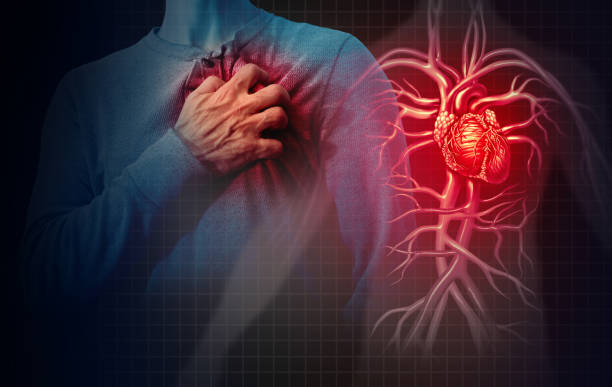Festival seasons are traditionally a time of joy, celebration, and togetherness. However, amidst the festive cheer, there is an alarming trend that often goes unnoticed – a surge in heart attack cases. The connection between festive periods and an increase in heart-related emergencies has been a subject of scientific inquiry, revealing a complex interplay of various factors that contribute to this unsettling phenomenon.
- Dietary Changes:
One prominent factor contributing to the spike in heart attacks during festival seasons is a shift in dietary habits. Festivals are often synonymous with indulgent feasts, marked by the consumption of rich, high-calorie foods that are laden with fats, sugars, and salt. These dietary changes can lead to a sudden increase in blood pressure, cholesterol levels, and triglycerides, putting additional strain on the cardiovascular system.
- Stress and Anxiety:
While festivals are meant to be times of joy, they can also bring about elevated levels of stress and anxiety. The pressure to meet social expectations, financial strain due to increased expenses, and the general hustle and bustle associated with festive preparations can trigger the release of stress hormones like cortisol. Chronic stress and anxiety have been linked to an increased risk of heart attacks by promoting inflammation and negatively affecting blood vessel function.
- Lack of Physical Activity:
During festive seasons, people often deviate from their regular exercise routines. The combination of indulgent eating and decreased physical activity can contribute to weight gain and an overall decline in cardiovascular health. Lack of exercise may also exacerbate other risk factors such as high blood pressure, diabetes, and obesity, increasing the likelihood of heart-related issues.
- Alcohol Consumption:
Celebrations often involve alcohol consumption, and excessive drinking can have detrimental effects on the cardiovascular system. Alcohol can raise blood pressure, contribute to irregular heart rhythms, and increase the risk of heart failure. Moreover, binge drinking during festivals can lead to dehydration, which further strains the heart.
- Disruption of Routine:
Festivals often disrupt daily routines, including sleep patterns. Inadequate sleep has been associated with an increased risk of heart attacks. Disrupted sleep can affect blood pressure regulation, glucose metabolism, and overall cardiovascular health.
- Delay in Seeking Medical Attention:
During festive seasons, individuals may be more hesitant to seek medical attention, attributing symptoms of a heart attack to indigestion or fatigue. This delay in seeking help can be critical, as early intervention is crucial in minimizing damage to the heart muscle during an attack.
The surge in heart attack cases during festival seasons is a multifaceted issue, involving dietary changes, increased stress levels, reduced physical activity, alcohol consumption, disruption of routine, and delays in seeking medical attention. Recognizing these factors is crucial for implementing preventive measures. It’s essential for individuals to prioritize their health during festivities, making conscious efforts to maintain a balanced diet, manage stress, incorporate physical activity, moderate alcohol intake, and be vigilant about any signs of cardiac distress. By fostering a culture of health-conscious celebration, we can work towards ensuring that the joy of festivals doesn’t come at the cost of cardiovascular well-being.

